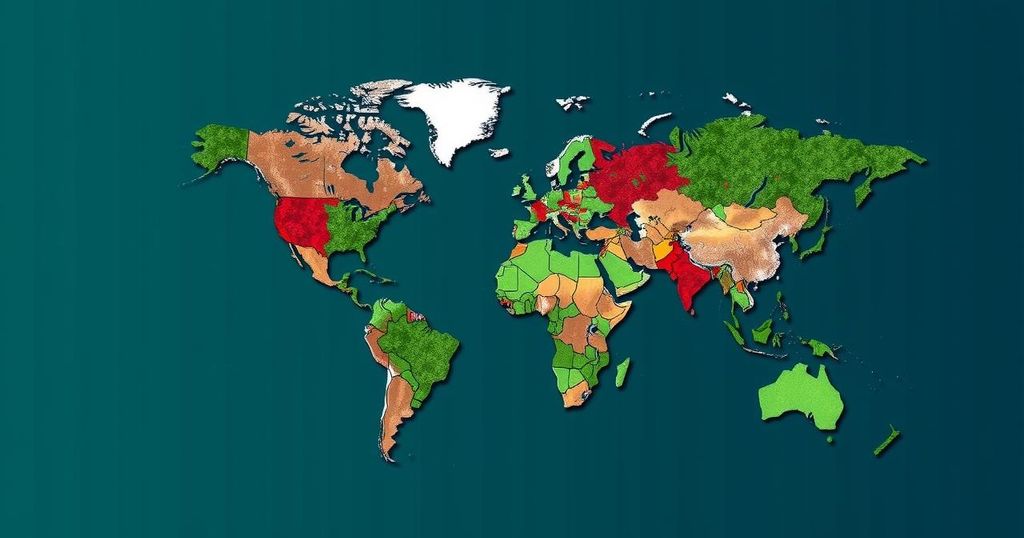Developing Nations Reject $300 Billion Climate Agreement as Inadequate

The $300 billion climate deal reached in Baku has been harshly criticized by developing nations, who assert it is insufficient to tackle climate challenges. Key delegates voiced strong disappointment, claiming it reflects a lack of commitment from wealthier nations. Experts suggest a much higher financial need of at least $390 billion annually for effective climate support in developing nations.
A newly agreed climate deal has met with fierce criticism from developing nations, who deemed the $300 billion annual pledge from wealthy countries inadequate in light of escalating climate challenges. After two weeks of intense negotiations in Baku, Azerbaijan, nearly 200 nations reached an agreement. However, delegates from countries significantly impacted by climate change expressed that the monetary commitment is an “optical illusion” and a reflection of insincere effort from developed nations. Voices such as India’s Chandni Raina and Sierra Leone’s Jiwoh Abdulai articulated disappointment, declaring the offered sum insufficient compared to the vast needs arising from climatic disasters. In addition, representatives from several influential developing nation coalitions equally criticized the deal, asserting it does not align with the scale of threats posed by climate change. The consensus had called for at least $500 billion annually yet was countered by developed nations citing political constraints. Experts have also indicated that at least $390 billion would be necessary to adequately support developing countries, excluding contributions from China. Despite efforts made to bridge the differences, the final agreement is perceived by many as a betrayal of ongoing climate commitments to vulnerable nations.
The climate finance deal developed during an extensive negotiation process among nearly 200 countries. As various nations converged in Azerbaijan, the urgency of addressing climate change became palpable, markedly for developing countries disproportionately impacted by climatic events. The offer of $300 billion per year essentially doubles the previous commitment, yet many stakeholders stressed that this figure significantly underrepresents the actual financial needs of developing nations. The agreement has drawn scrutiny for inadequately addressing the historical responsibilities of developed nations in contributing to climate change, as expressed by multiple delegates representing vulnerable countries.
In summary, the recently concluded climate deal has ignited considerable backlash from developing nations, who view the $300 billion annual commitment as inadequate for tackling the severe impacts of climate change. The discourse surrounding the agreement highlights a deepening divide between developed and developing countries regarding climate responsibilities. Many experts and officials have urged that this deal be seen as a foundation for further negotiations rather than a final resolution, emphasizing the need for significantly increased finance to support vulnerable nations effectively.
Original Source: www.france24.com






